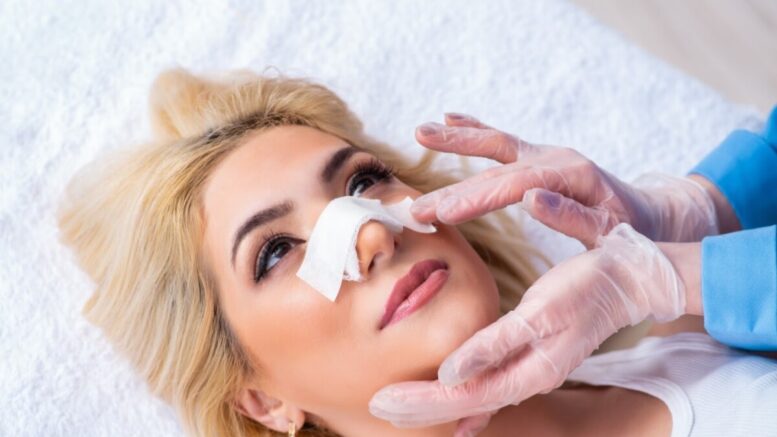The popularity of Botox is easy to understand. It is one of the most outstanding cosmetic treatments with decades of great results. Also, it has the added benefit of being able to be used in many areas of the body. Although its true name is Botulinum Toxin, it has gained popularity simply as Botox. Among its main uses are reducing lines and wrinkles, lifting, and as an aide in several medical conditions.
Who is a good candidate for Botox?
Although the FDA has approved Botox for cosmetic use in people between 18 and 65 years old, certain conditions can prevent you from getting it. These include:
- An allergic reaction to any of its ingredients.
- Difficulty breathing or swallowing.
- A skin infection in the area you are planning to have treated.
- Bleeding issues
- A condition like Lou Gehrig’s disease, Lambert-Eaton syndrome, or any other medical condition that impacts the nerves or muscles.
- You are taking certain vitamins, supplements, or medications.
- You have had facial surgery or plan to undergo a surgical procedure.
Can a pregnant woman get Botox?
Although it is speculated that Botox will not travel far enough within the body to reach the unborn baby, there have been no clinical studies done in this regard. It is unknown what would happen to the fetus, and the manufacturer advises that you wait and have Botox later on.
How often should people get Botox injections?
People know that the effects of Botox are not permanent. However, certain factors may impact how long it lasts by either shortening or lengthening its lifespan. Among them:
- Your age – If you are older, you may have less muscle tone, and this may make Botox last for a shorter time than in younger recipients.
- Your facial structure and your common expressions.
- If you smoke or tend to have great weight fluctuations.
- If you get too much sun and your skin is sun-damaged.
The results you can get with Botox also vary with the frequency that you have the procedure. Also, some people seem to get better results than others. It is recommended that you wait at least three months before getting Botox in the same area.
Some Side Effects
Some people have reported pain at the injection site; also, some have experienced swelling, bleeding, redness, and bruising. Headaches, fatigue, and dry mouth have also been reported—some experience allergic reactions, which include itching, red welts, faintness, and dizziness.
Prepare for Your Botox Injections
Although the list of possible side effects would seem to be long, the reality is that you will likely never experience all of them. Also, there are some actions you can take to minimize experiencing any of them. Here are some ideas:
- Work with an experienced practitioner – Taking the time to find a reputable provider will give you the best, most reliable results.
- Talk to your practitioner about any health issues you might have. Also, inform them about any vitamins, supplements, or medications you might be taking.
- Follow all instructions carefully both before and after getting the procedure.
- Never get Botox at someone’s house and expect to obtain good results. Always go for a medical setting.
- To learn more about Botox, click skinbodysoul.com/west-des-moines/botox/.
